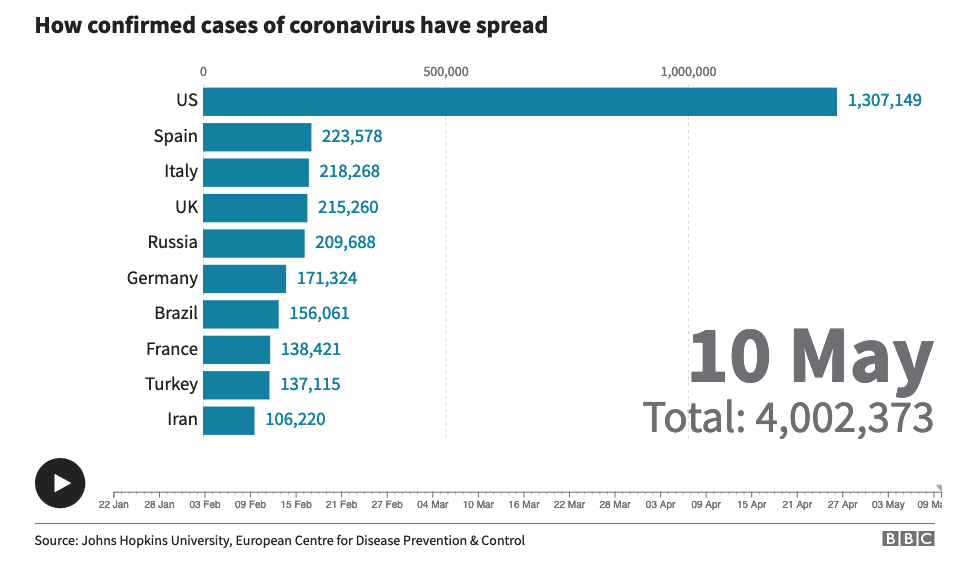U.S. Catholic bishops have voted 155 to 55 (with 6 abstentions) to deny holy communion to U.S. politicians who support abortion rights. Elected officials who openly support the death penalty will still be allowed to receive communion, even though the church’s catechism states, “the death penalty is inadmissible because it is an attack on the inviolability and dignity of the person.” Elected officials who deny climate change will still be able to receive communion, even though Pope Francis has said, “We need to act decisively to put an end to all emissions of greenhouse gases by mid-century at the very latest, and to do even more than that.” This is typical of U.S. religion today.
I have come to believe that the big divide in U.S. religion these days is actually politics, not theology. Do you support the Republican party line, or the Democratic party line? — that’s how the U.S. religious divide is defined. The U.S. Catholic bishops voting to deny communion to politicians who support abortion rights, yet taking no action on politicians who support the death penalty, may not seem logically consistent. Nevertheless, their stance is entirely consistent with Republican politics.
I’m pretty sure that Unitarian Universalists suffer from the same problem, on the other side of the political divide. Unitarian Universalism is doing its best to stand up against racism, sexism, transphobia, ableism (to some extent), and other forms of systemic injustice. Classism, however, is mostly dismissed or ignored within Unitarian Universalism. Nor does Unitarian Universalism engage in systematic critique of capitalism. Our stance may not be logically consistent, but it is entirely consistent Democratic politics.
Therefore, fellow Unitarian Universalists, before you speak scornfully of the Catholic bishops, first reflect on how Unitarian Universalism hews so closely to the Democratic party line. Instead of speaking of another religion with scorn, we might instead reflect on the words of a wise ancient Jewish teacher who said, “How can you say to your brother, ‘Let me take the speck out of your eye,’ when all the time there is a plank in your own eye?” In other words, I do hope we Unitarian Universalists don’t become merely a special interest group of the Democratic party.

